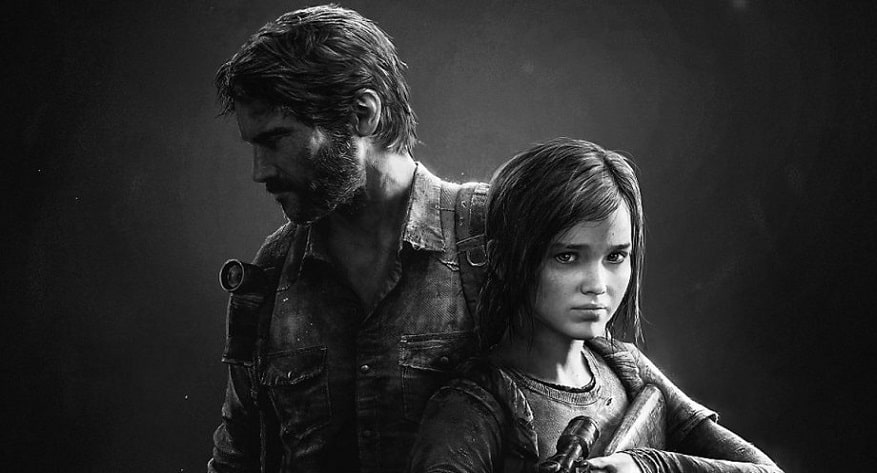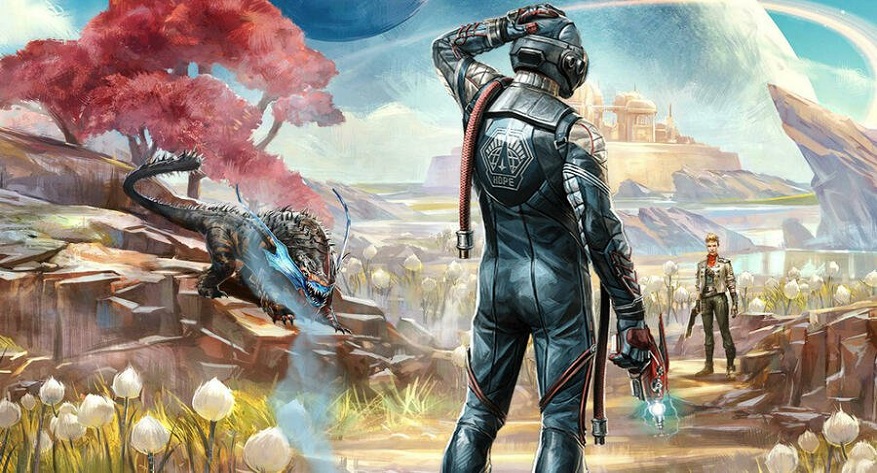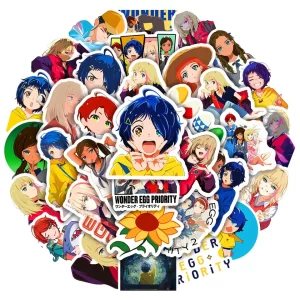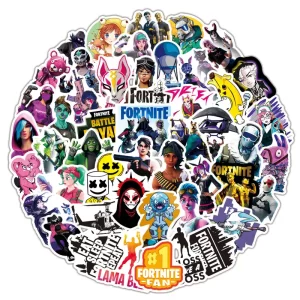It is truly startling how far video games have come. While previously we’ve been entertained by vague, pixelated shapes dancing across a small screen, we’ve come to expect far more impressive products nowadays. With video games going for around $60 a pop in the United States, gamers expect a lot more bang for their buck. We want the game to control well, to look beautiful, and, most importantly, be big.
But should the goal of developers be to make large games, and should we always ask for larger games?
The days where it took a few hours to beat a game are long gone; you are often looking at 10 hours minimum to complete most AAA games. And that number is often just for the main story of most games. If we count time completing side quests, hunting down collectibles, and doing whatever else a game requires us or allows us to do, that number can get pumped up real high.
Assassin’s Creed Odyssey, I can get annoyed. Playing an hour at a time once a day can become frustrating with a game that big. Progress turns into a crawl — the game is so large, I don’t feel like I am getting anything done every time I play. Suddenly, the game becomes less fun and more of a chore as I struggle to accomplish something with every play session.
Quality Over Quantity
There needs to be a bigger emphasis on shorter games. There are indie games, it’s true, that are smaller, shorter experiences. Those devs don’t necessarily choose to take that direction, though. Smaller studio sizes, limited resources, and more all contribute to a smaller game and a shorter experience.
What I would love to see is the resources of a large developer tackle a shorter game. I’m not saying that BioWare should make a three-hour experience. No, scope is their specialty. But developers shouldn’t feel the need to constantly make their games open-world, or litter their worlds with collectible or repetitive quests.
This is something we see far too often; otherwise great games have dead worlds, or an experience gets bogged down by repetitive quests or annoying collectibles. In other words, the game would have been better with these elements, better trimmed down.
 Source: Trusted Reviews
Source: Trusted Reviews
One of my favorite games ever is The Last of Us, and one of the reasons is that it does not compromise on what it is. Yes, it has collectibles, but you could play the entire game without even knowing that (I sure did). It was an expertly-crafted game with no fluff, with everything in the code having a purpose.
In fact, that’s why I am a little nervous about the reported length of The Last of Us Part 2. If anyone can make a tight, engaging masterpiece with significant length, it’s Naughty Dog, but I worry that even they cannot keep such a tense experience going for that long. The first game benefited from spectacular pacing that might not hold up after 15 hours.
Steps in the Right Direction
In some ways, developers are beginning to realize that bigger doesn’t mean better. Obsidian made a very deliberate choice to not make The Outer Worlds open world. Resident Evil 2 scaled-down the usually longer campaigns of the recent entries and instead created a game that, if you know what you are doing, can be beaten in around two hours.
 Source: Push Square
Source: Push Square
As a whole, games now have side-quests that are actually valuable or entertaining to play, and collectibles are becoming more useful instead of just a box to check off.
You may argue, however, “You don’t have to do all the side-quests and collectibles, you know. You can just play the main story, getting the shorter game you want that way.” I suppose that is true. But what I am arguing for here is a game that cuts out the fluff and sticks to the essentials.
I hate the fact that sometimes I’ll collect X amount of something, thinking that something cool will happen that I would have otherwise missed, only to find out that there was no reason for it. I don’t want to feel like I am missing out on a game because I don’t have time for the whole experience.
If a game is 100 hours long, and those 100 hours are filled to the brim with valuable and engaging content, that’s awesome. I may not have time to play it, but I can appreciate it. But a game can feel dissatisfying if 50 of those hours are spent hunting down question marks on a map, just in case I might find something cool.
Replayability
Replayability is something that I adore. It gets a decent amount, but games should focus less on open-worlds and more on making sure the player comes back a second time around. See, I never play open-world games again (Witcher 3 and Skyrim are the exceptions), especially with how busy I am nowadays. I can’t afford to spend 50 hours doing something I’ve already done.
However, Resident Evil 2, which is a very tight, deliberate game, is a game I’ve beaten around ten times. I challenge myself, speedrun the game, and more because it only takes me a couple of hours each time to play. When I sit down to play Resident Evil 2, I feel like I am getting something done.
Source: Microsoft
I still can’t beat Assassin’s Creed Odyssey, though, regardless of how incredible it is. Every time I boot up the game, I never feel like I make any progress. Someday I’ll beat it because I do enjoy the game. It’s taking so much time, though, because of the game’s length that I don’t know when that will be.
So, if developers chose to stop filling games with random collectibles and pointless side-quests, and instead chose to give the game the polish it needs to keep people coming back, I think the industry would be in a better place. I’m not saying that Bethesda should make Inside or The Stanley Parable. I’m just saying that a little less fluff and little more substance would not only make video games easier to play for those of us who are busier but also more fun.













